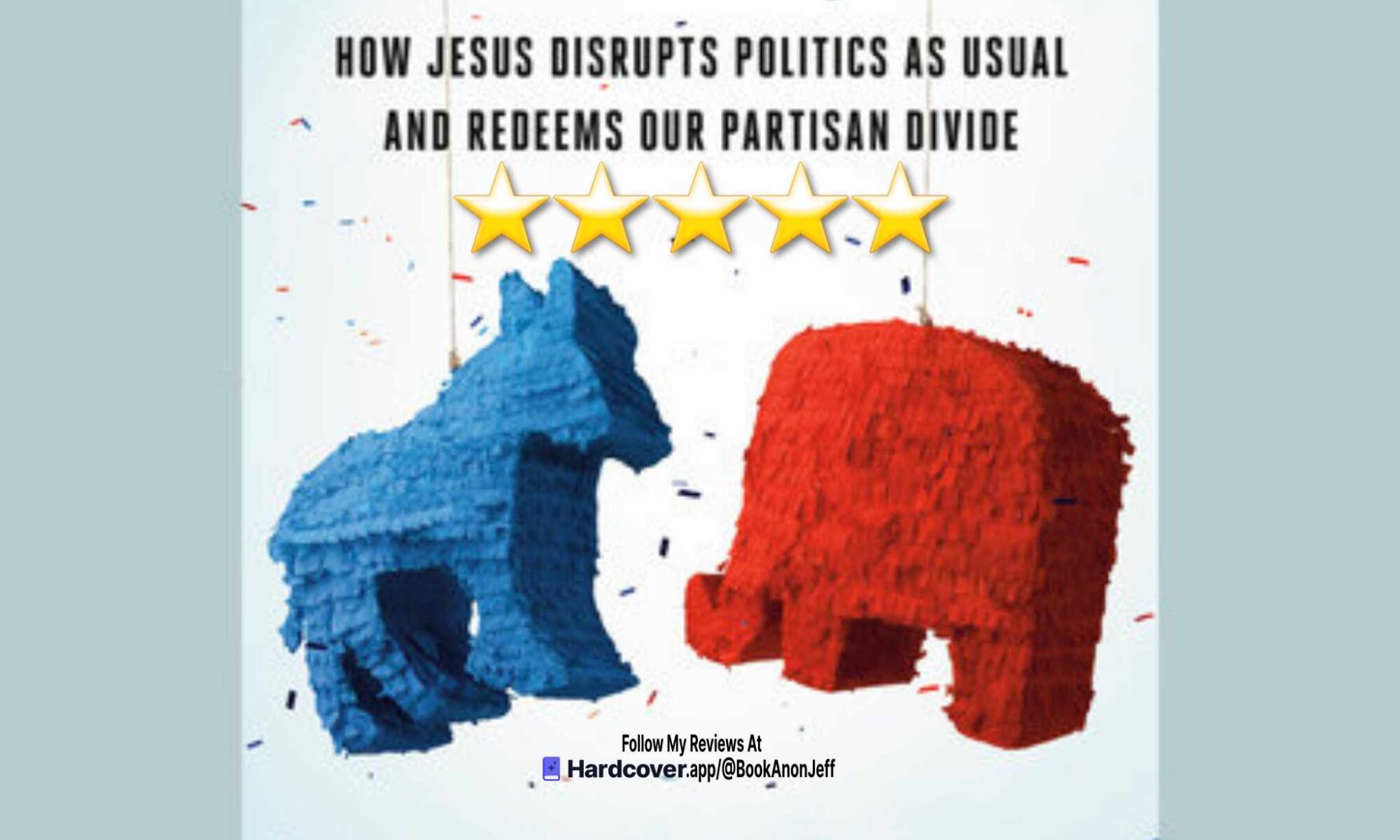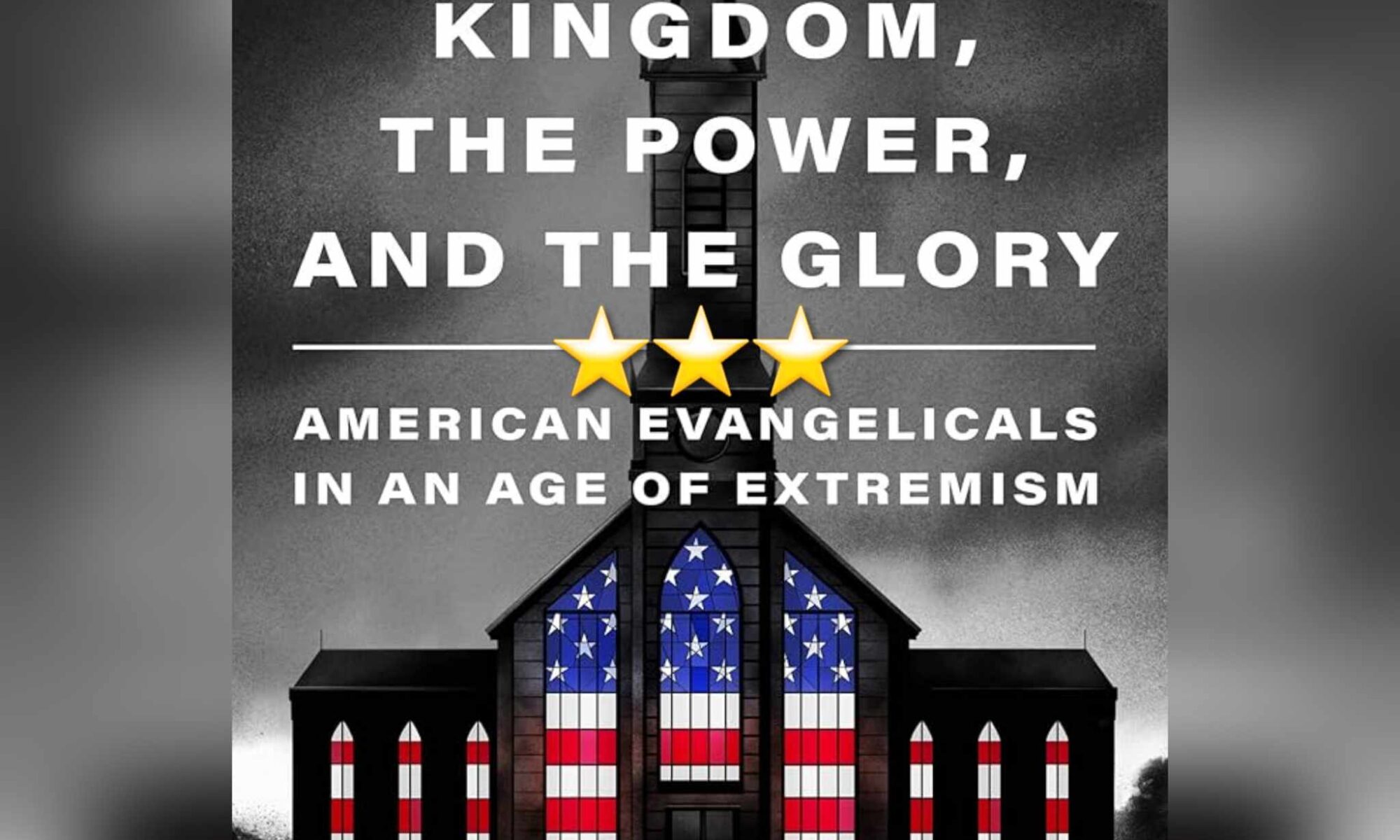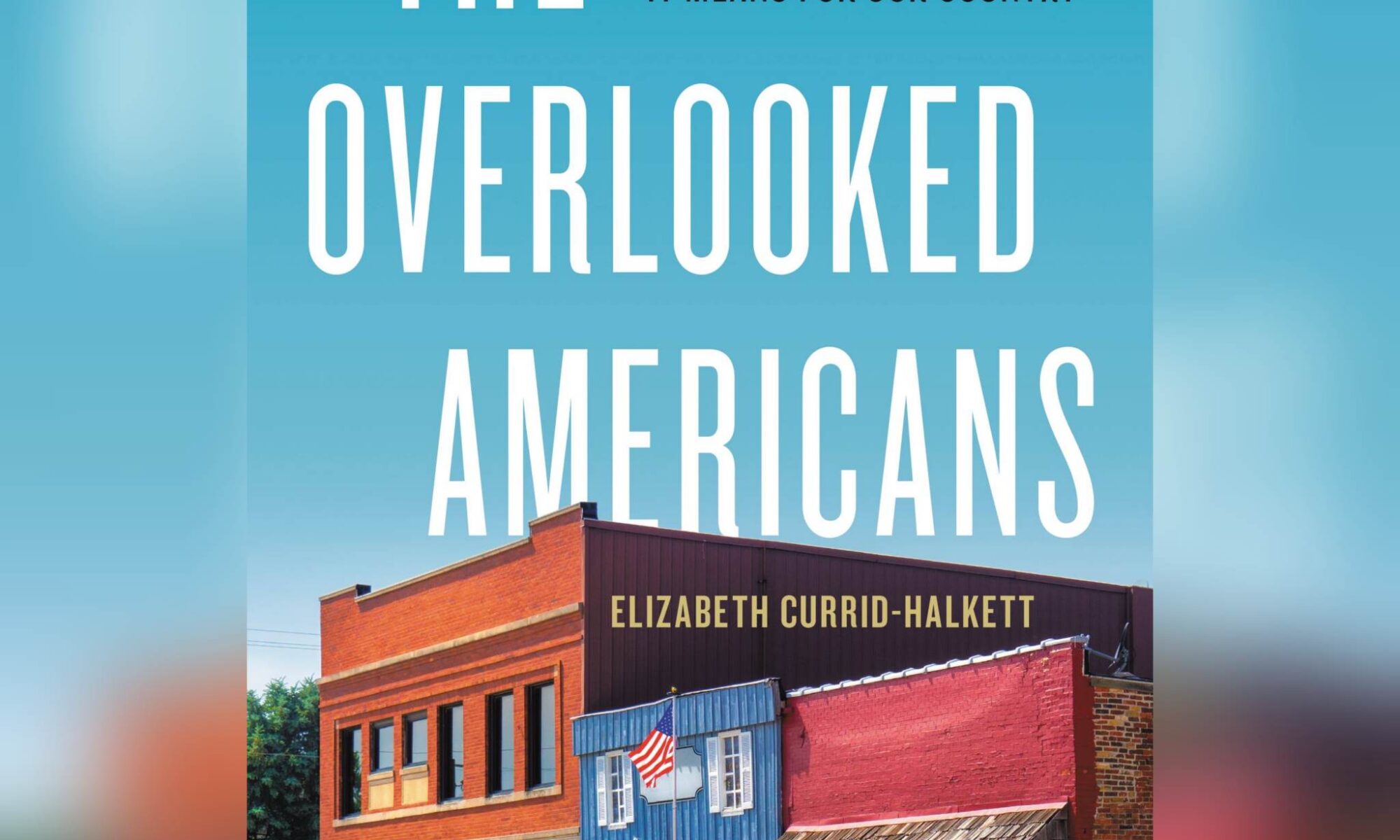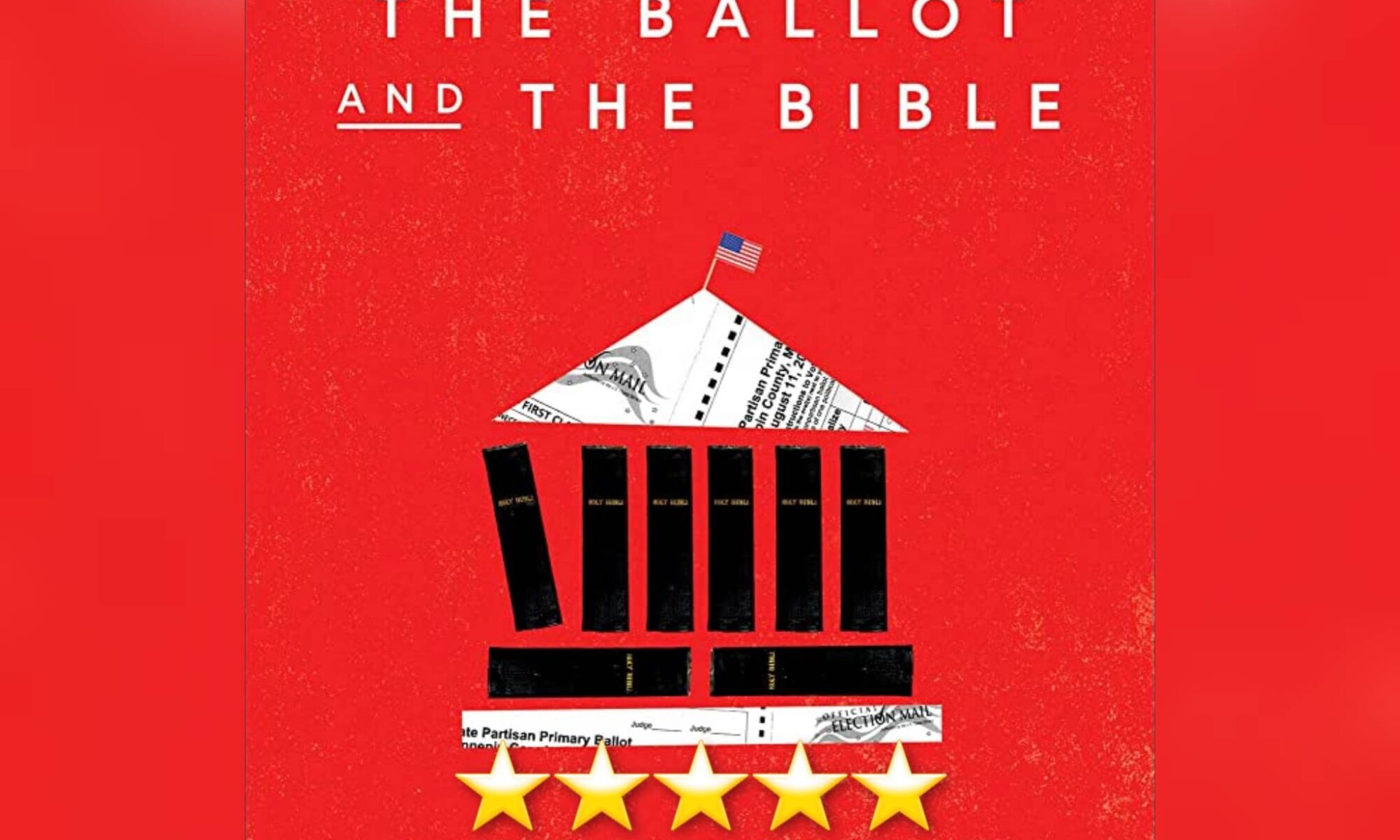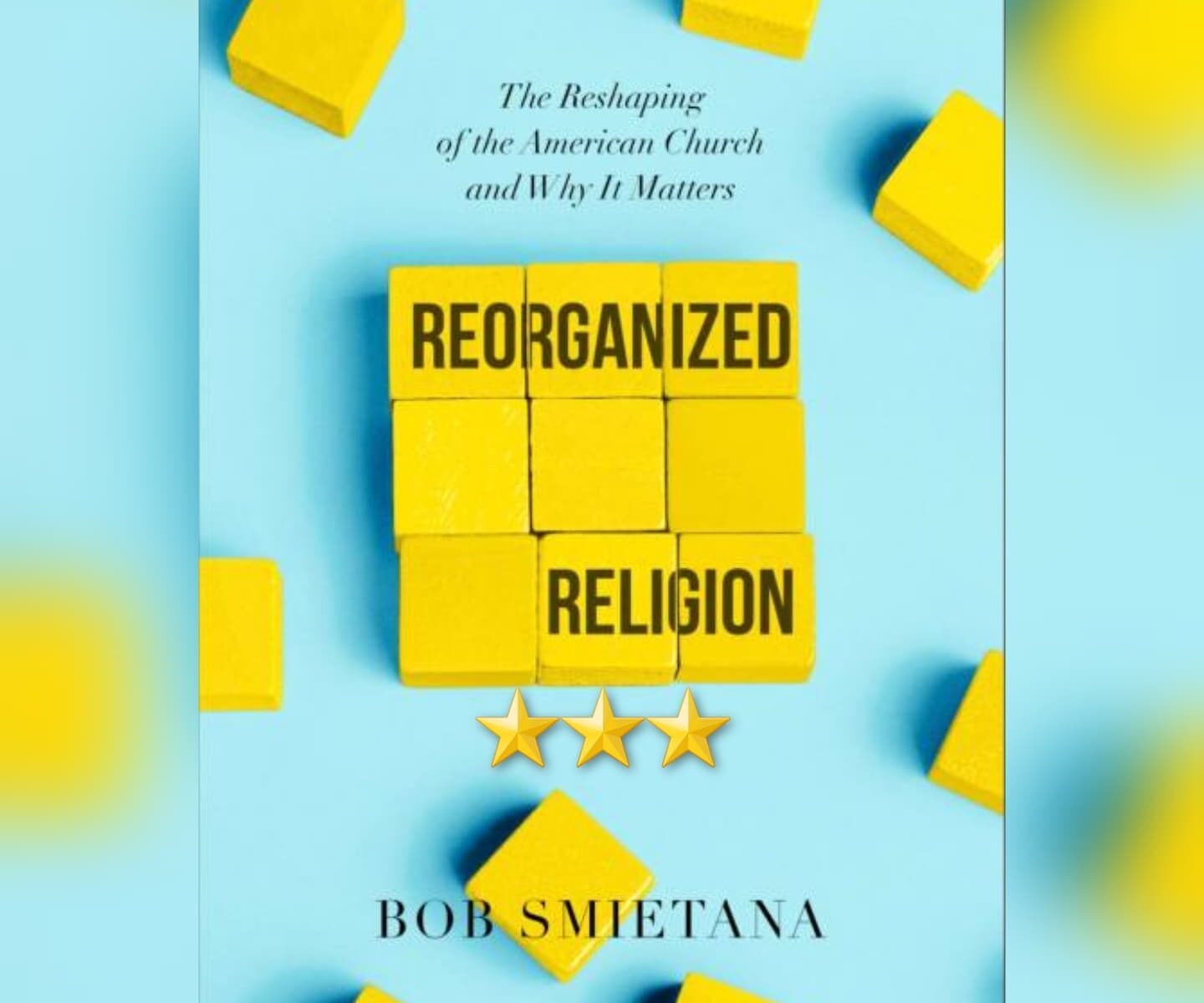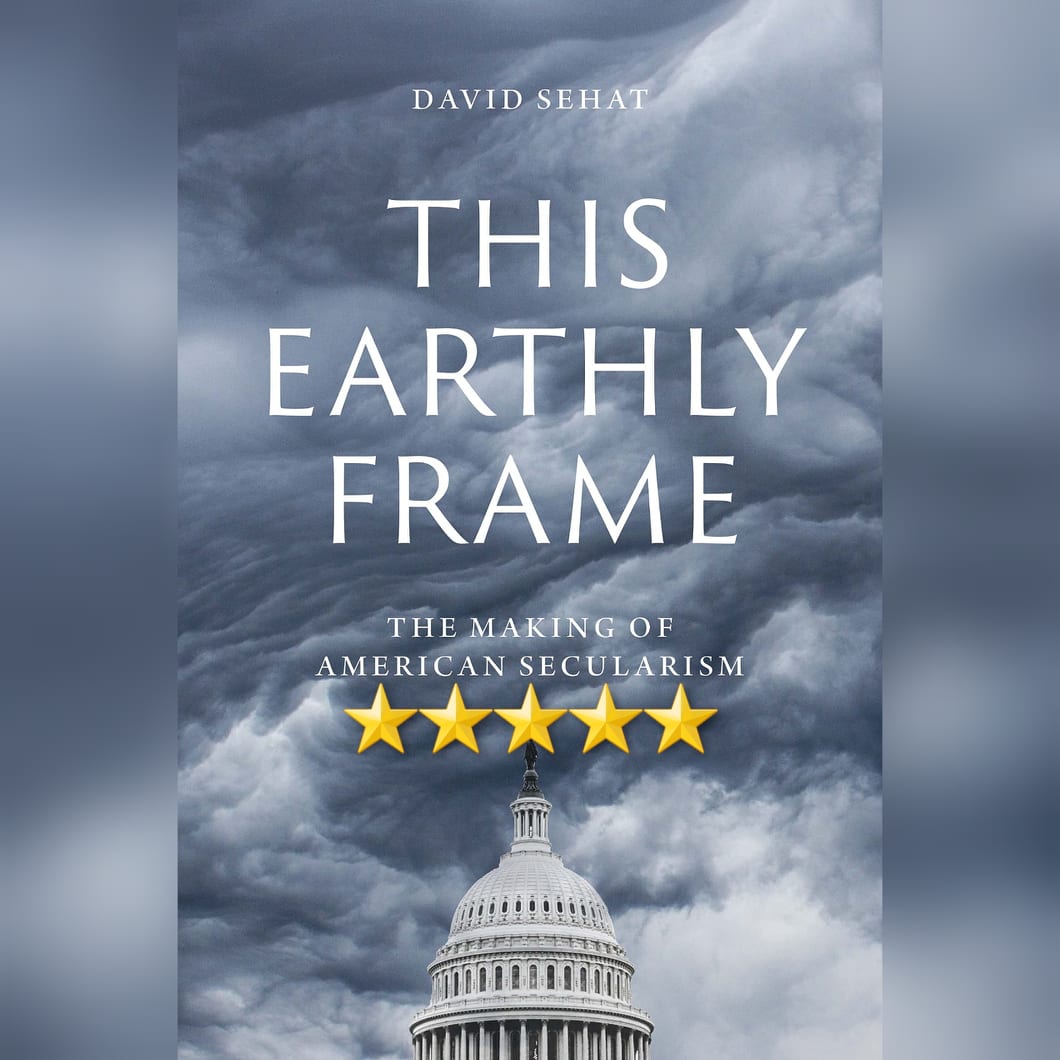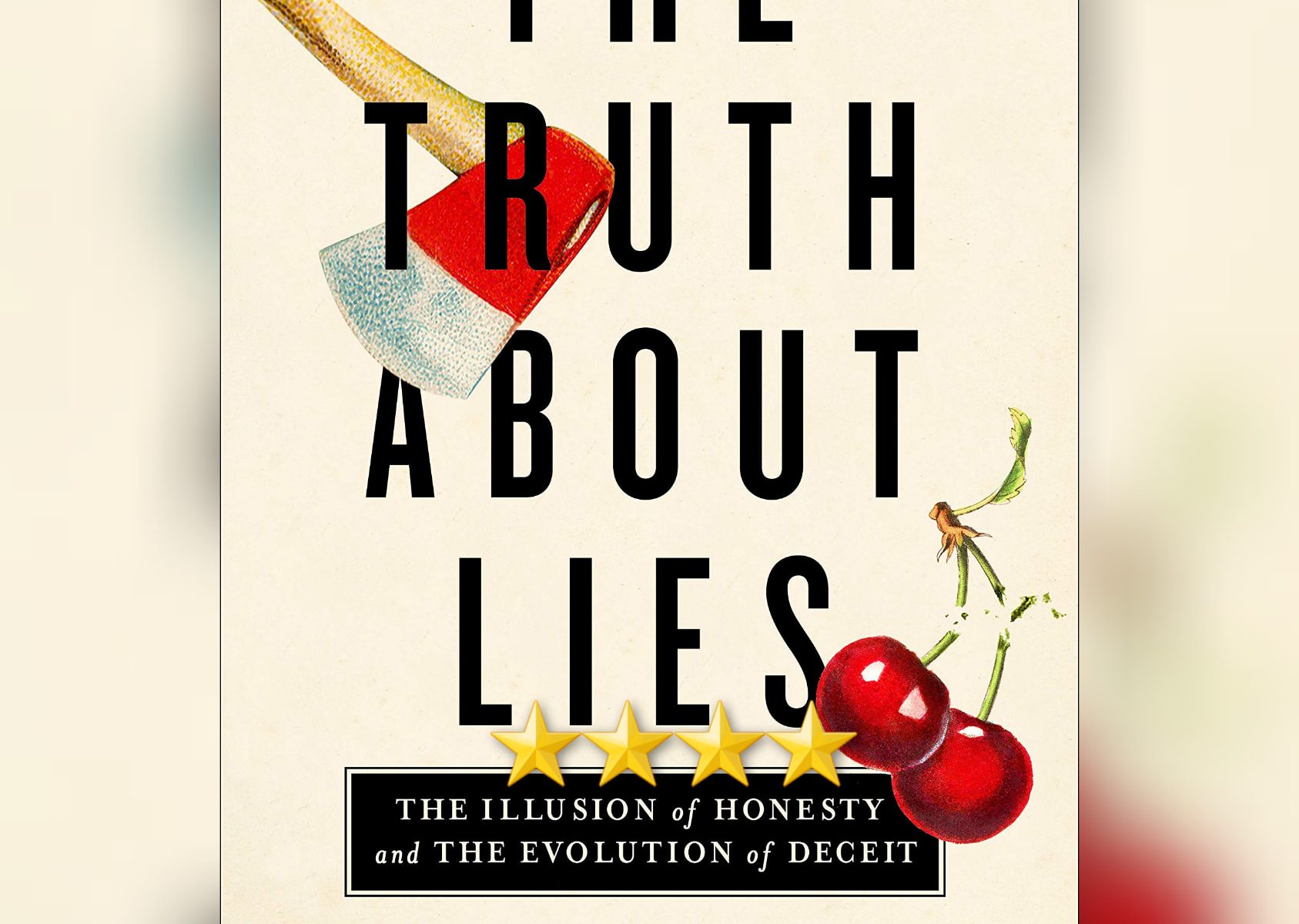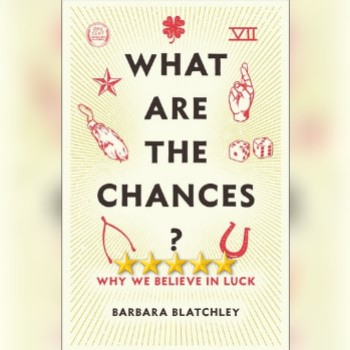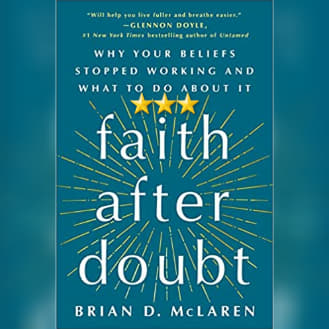Transformative Yet Still A Touch Myopic. In centering this book around a grid that combines the traditional left/ right spectrum with “Modernity” and “Post-Modernity” as its up and down, Butler does an interesting and even transformative job of showing Americans that no matter what they think about politics and the church… they likely have some form of idolatry at play. The weakness here is the exact framing – in limiting himself to just the traditional left vs right and modern vs post-modern, Butler does in fact speak to a large swath of the majority. However, as Jason Blakley’s Lost In Ideology – which will release almost a full month *after* this particular book hits bookshelves – shows, there is actually quite a bit more nuance and flux within the “traditional” ideologies than many – including, clearly, Butler here – think. So one can’t really fault Butler for not having read a book at the time of writing this one that won’t even be published until *after* this book itself is. 😉 But the point remains, for those of us able to read both books close together, as I have been even months before either releases to the public. (Yes, making these Advance Reader Copies.) Furthermore, this framing also largely excludes more minority political views that don’t abide by the usual L/R spectrum nor the up/ down system Butler uses here.
Overall though, this is yet another of those books that, particularly going into a Presidential election year with all of the hand-wringing, arguments, and outright vitriol that includes in the modern era of American politics (and every era, according to other works I reviewed a few years ago such as James Morone’s Republic Of Wrath), every single member of every single American Church – no matter the individual’s politics or the church’s faith traditions – *needs* to read. Short at just 220 or so pages – over 22% of that being bibliography and discussion questions – this is written in a fairly conversational style such that one could easily envision Butler speaking this entire book into existence over the course of probably a couple of months or so of sermons. The included discussion questions, both at the end of each chapter and at the end of the book, foster a great deal of introspection and, in the case of groups, discussion, and could genuinely go quite a way to at least moderating the vitriol of this and hopefully future campaigns.
Ultimately truly a remarkable work, one that sadly will likely be review bombed by haters of Butler’s (also excellent, fwiw) prior work (and indeed already has a one star on Goodreads from a known review bomber who could not possibly have read this book, yet which Goodreads refuses to remove for several weeks now prior to the writing of this review). But read it for yourself, and make your own conclusions. Very much recommended.
This review of The Party Crasher by Joshua Ryan Butler was originally written on December 26, 2023.

